GPT chat alternative: What is Perplexity AI and how does it work?
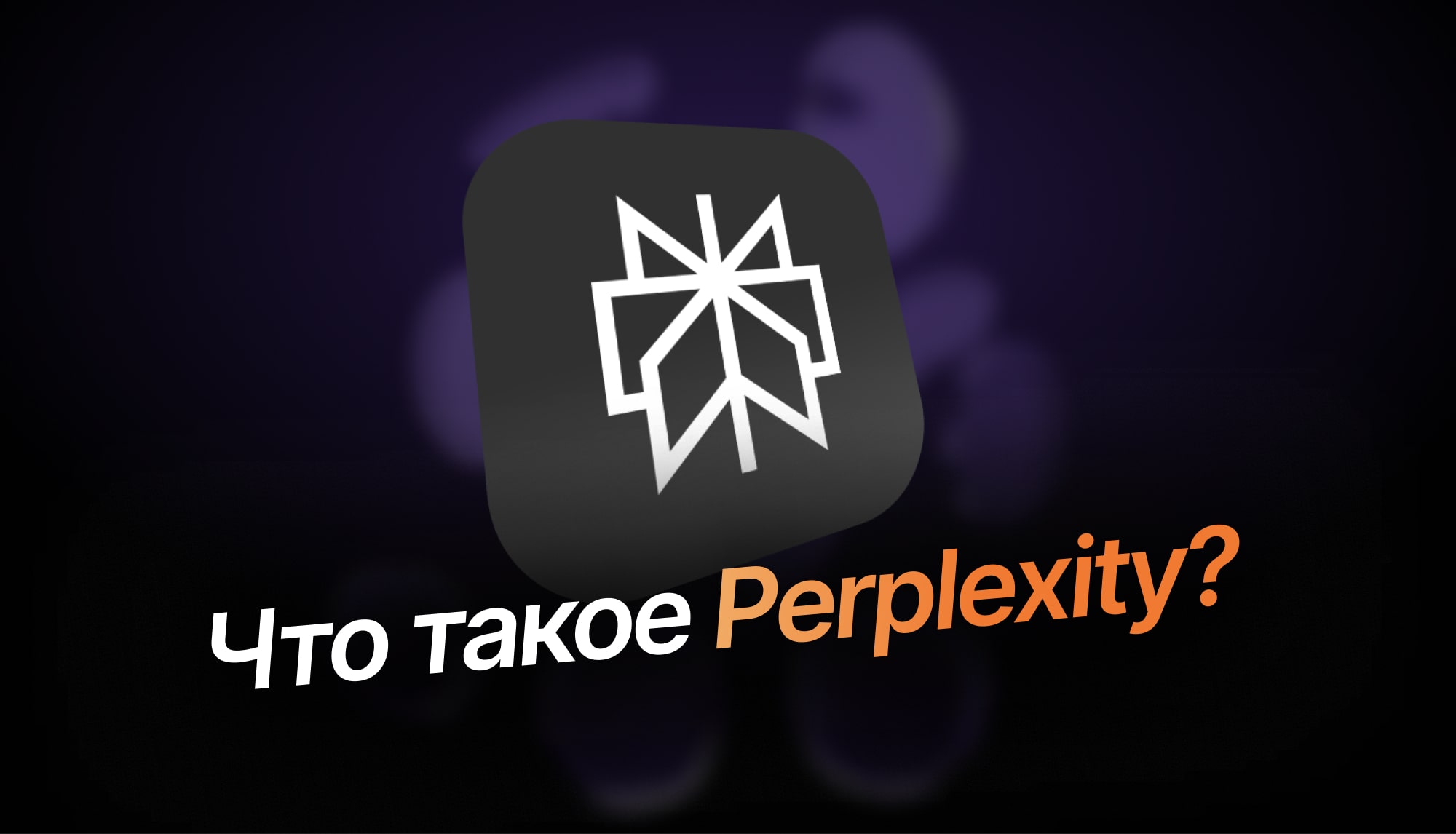
Search engines took over the internet more than 20 years ago. Today it is difficult to imagine working with information without them. But among the new names in this area, Perplexity stands out. In December 2024, this conversational search engine raised $500 million in its latest funding round, raising its market value to $9 billion. If this does not show a significant interest in its technologies and market potential, what could be better?
It's time to figure out what the functionality of this search engine might surprise you with.
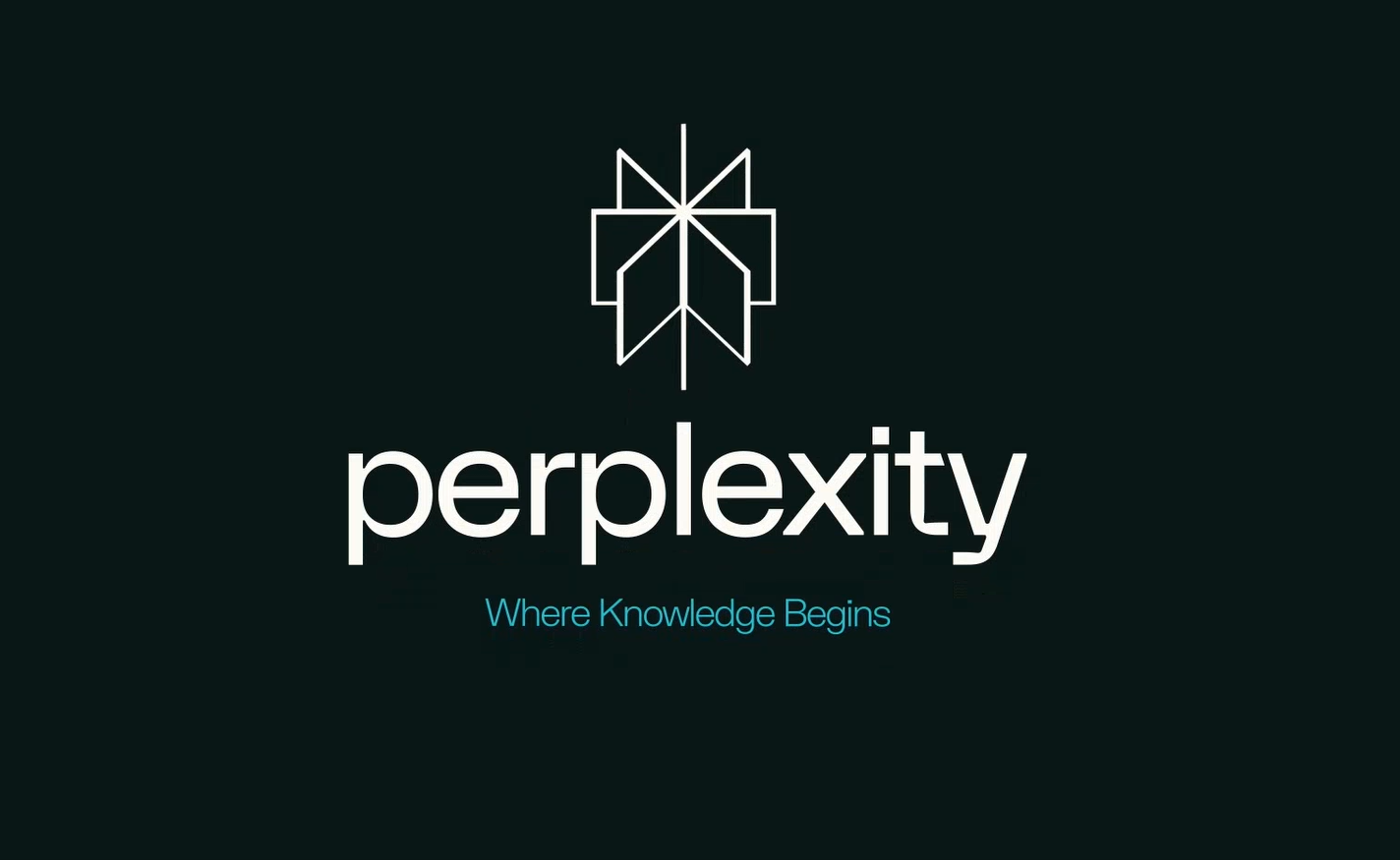
A little bit of history
The chronology of Perplexity's development is noteworthy.
The startup started in August 2022 in San Francisco. The company was founded by four engineers: Aravind Srinivas, Denis Yarats, Johnny Ho, and Andy Konvinsky. Each brought unique expertise from leading tech companies: OpenAI, Meta, Quora, and Databricks.
By 2023, the service had gained a significant base — 10 million monthly active users. After attracting an investment of $26 million, the team launched a mobile app.
2024 was a breakthrough year. New products have appeared: Perplexity Pages for creating web pages, Buy with Pro and Snap to Shop services. The company attracted the attention of major investors such as Jeff Bezos, NVIDIA and other technology leaders. By November 2024, Perplexity's valuation had reached $9 billion.
The creation of Perplexity AI was a response to growing frustration from traditional search engines, which are not always able to provide specific and accurate answers, especially when it comes to complex and ambiguous queries.

Perplexity's success phenomenon
Let's dive into the details. What has led to the current state of affairs of the system?
Reasonable resource savings
Perplexity's success is built on a smart approach to product development. Instead of investing billions in creating artificial intelligence models, the team took ready-made solutions — GPT-4, Claude, LLama. All efforts were made to improve the search and results. This strategy has saved time and money.
Working with live data
The key difference between the service is the analysis of relevant information. While chatbots provide memorized answers, Perplexity scans fresh sources. For example, to analyze the Bitcoin rate, the system will take data from recent hours, not from a week ago. The same goes for news, events and trends.
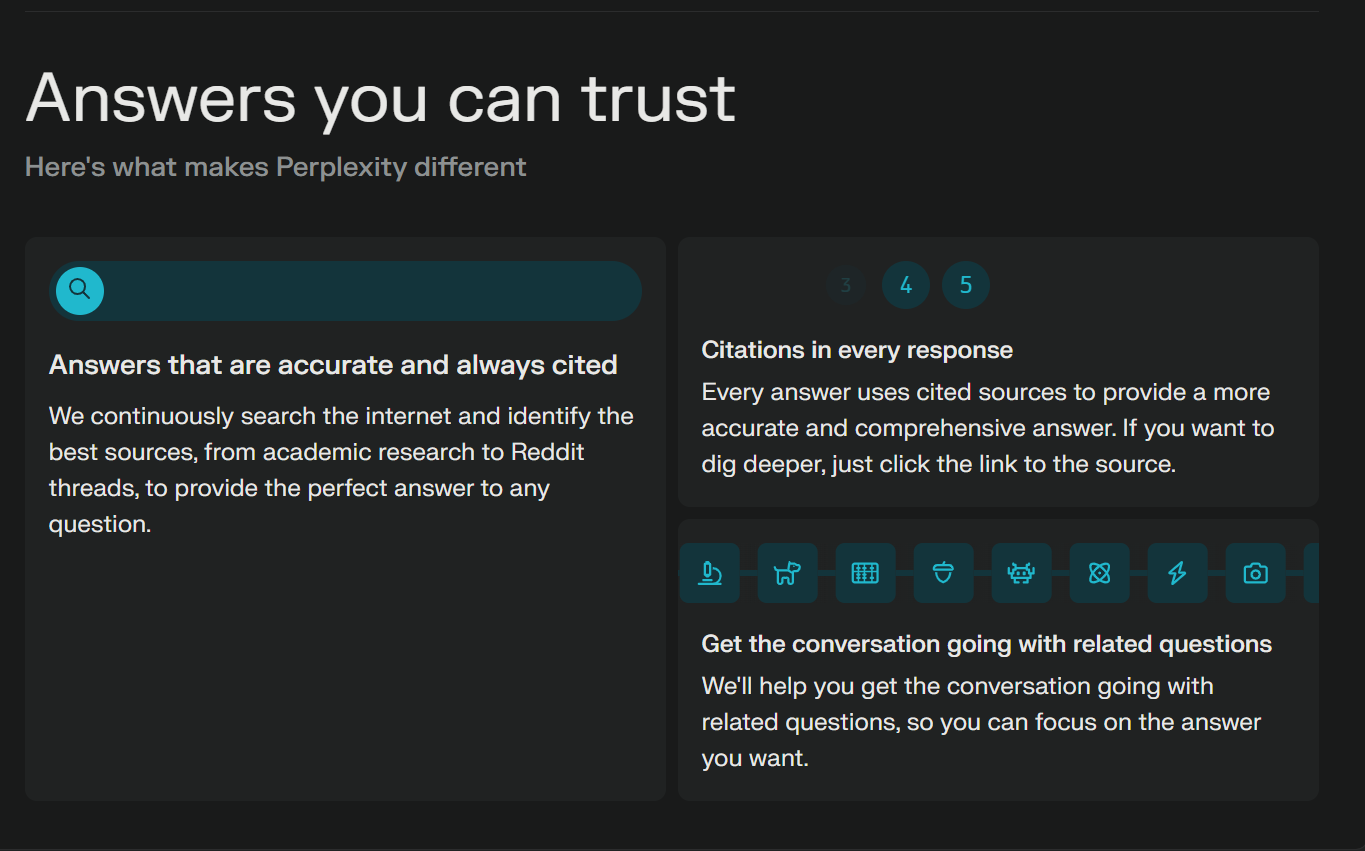
Strong investor support
In 2024, the company's valuation soared from $540 million to $9 billion. This growth is due to the interest of serious market players. Jeff Bezos, Nvidia, and SoftBank saw the potential of a new approach to finding information. Their investments helped to quickly develop technologies and enter the mass market.
Focus on specialization
The system is particularly useful for professional tasks. Programmers receive answers with code examples. Analysts — fresh market statistics. Scientists — data from scientific publications. Each area of knowledge requires a different approach to search, and Perplexity takes this into account.
The balance of speed and accuracy
A normal search takes time to look at dozens of links. Chatbots give answers without proof. Perplexity has solved both problems: it provides brief extracts and immediately indicates sources. The user can quickly get the gist or go into detail through the links, depending on the search mode they choose.
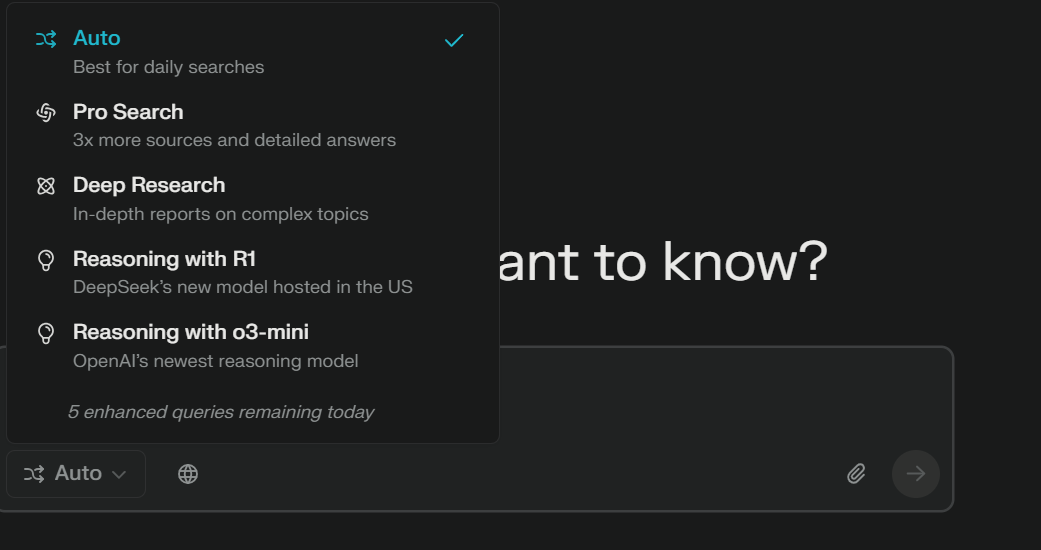
How does Perplexity differ from the competition?
The launch story of Perplexity coincided with the release of the Bing chat interface. The team was then seriously concerned because Microsoft could take over the market. However, time has shown otherwise. Bing's growth has stalled, and Perplexity has continued to gain users.
Bing overloaded the product with features: search, chat, and multi-stage dialogs. Plus, the service only worked on Edge and required a Microsoft account. Perplexity chose a different path, focusing on one task: accurate answers with proofs. Without unnecessary features and restrictions.
As for traditional search engines, they depend on paid ads. Look for the best running shoes — you'll see a dozen paid links from sports stores. A quick direct response will harm the advertising model. Perplexity has no such restrictions. On the contrary, engineers have created a new system for ranking sources. Reputable publications are given priority over personal blogs. The algorithm learns from each request, improving the quality of responses.
The mobile version of Perplexity is now a priority, but it requires perfect development. The main challenge is the psychological barrier of users. Many people praise the service, but are afraid to change the information search habits that have been refined over the years. Perplexity has to prove that sometimes the new is really better than the old.
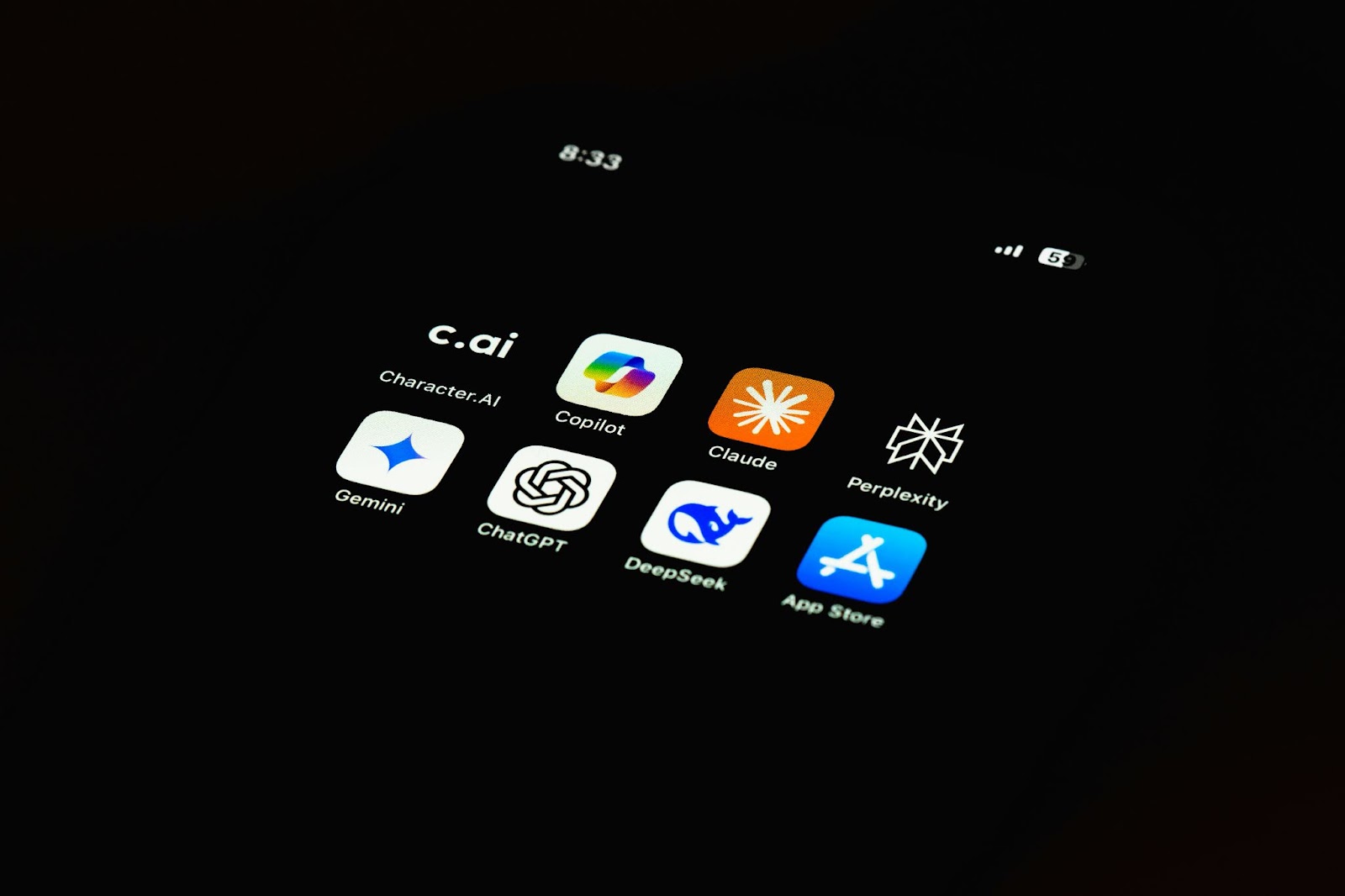
Criticism of Perplexity AI
Perplexity's rapid rise is accompanied by serious complaints from the media industry. In the summer of 2024, a scandal broke out with Forbes: the publication accused the search engine of copying content without properly identifying the source. Perplexity management acknowledged some of the shortcomings, but insisted that the system only aggregates information without plagiarizing.
Wired magazine conducted an investigation that revealed deeper problems. It turned out that the search engine ignores the robots.txt standard — rules that allow websites to protect themselves from automatic data collection. The company has publicly declared its respect for these rules, but has used hidden IP addresses and spoofed identifiers to bypass restrictions.
Technical experts have discovered another controversial issue. Some of Perplexity's answers did not come from original articles, but from metadata and snippets left in search engines. In fact, users received a retelling of the paraphrase, not an analysis of the original source.
The company's management took an ambiguous position. In an interview with Wired, the head of Perplexity said they are working through third-party data providers. When asked about ending this practice, he answered evasively. Amazon, whose servers Perplexity uses, has begun testing, as the site's rules prohibit ignoring robots.txt. The outcome of the investigation could seriously affect the future of the service.
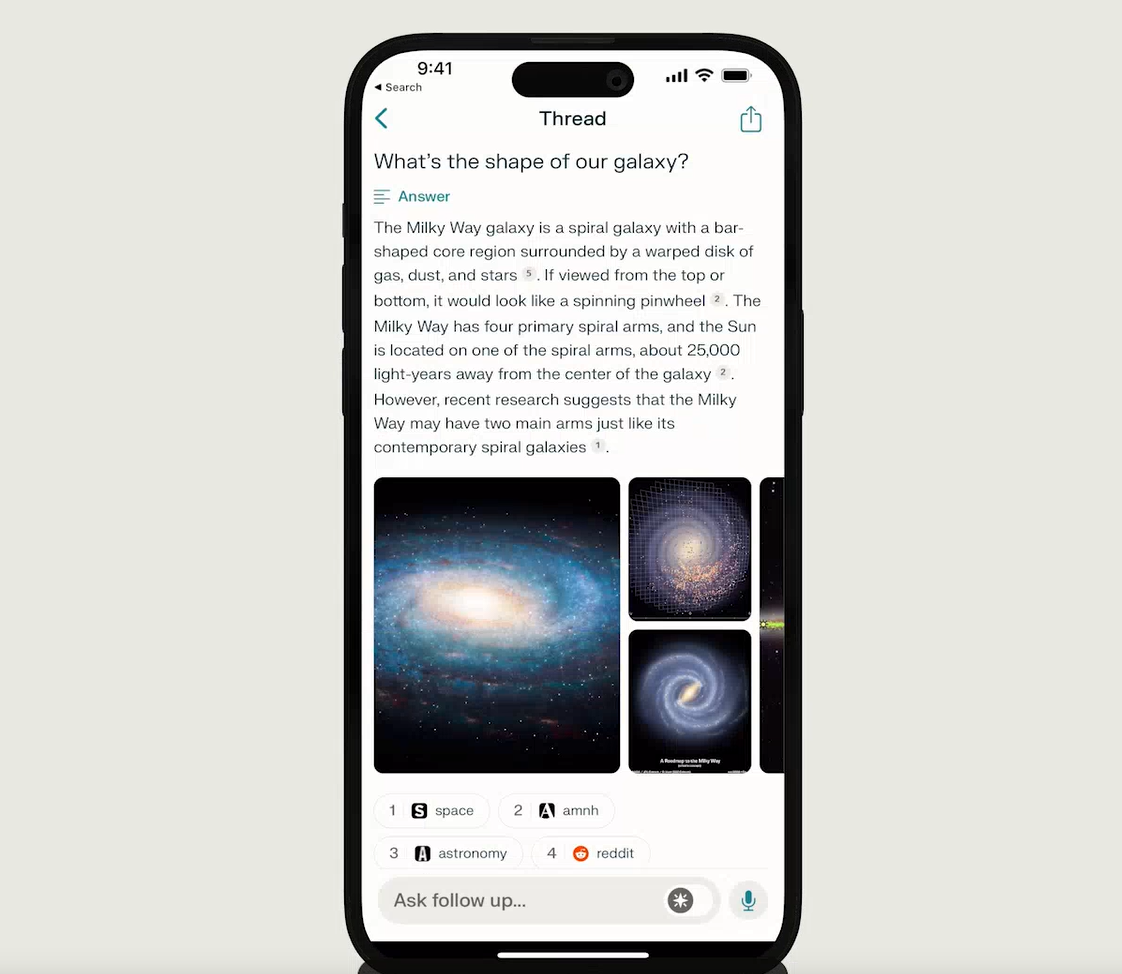
What can we expect in the future?
Users are tired of ads, hidden analytics, and manipulation of search results. Perplexity solved this pain by combining live search with a chatbot model.
Nevertheless, Perplexity will have to deal with legal claims, improve the mobile version, and gain the trust of the general user. The tasks are complex but doable.
The main advantage of the system is the fight against information noise. Instead of hundreds of links, there's a clear answer. Instead of advertising collections, there are facts confirmed by sources. Big tech companies will not sit idly by. Google and Microsoft will devote their efforts to developing similar services. ChatGPT Search, powered by GPT-4o, is already available to users for free.
The battle for the future of search is just beginning. The winner is the one who makes the complex simple and the huge amounts of data understandable to any user.

